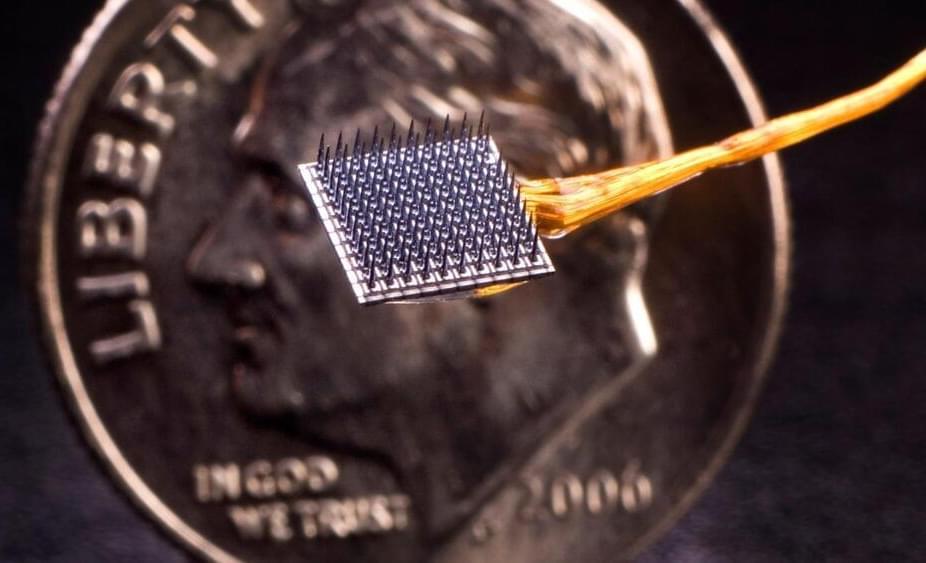PROVIDENCE, R.I. [Brown University] — More than two decades ago, a team of Brown University researchers set out with an ambitious goal to provide people with paralysis a revolutionary neurotechnology capable of turning thoughts about movement into actual action, using a tiny device that would one day be implanted in the surface of the brain. Their work led to an ongoing, multi-institution effort to create the BrainGate brain-computer interface, designed to allow clinical trial participants with paralysis to control assistive devices like computers or robotic limbs just by thinking about the action they want to initiate.
Open Access Paper:
https://n.neurology.org/content/early/2023/01/13/WNL.
In an important step toward a medical technology that could help restore independence of people with paralysis, researchers find the investigational BrainGate neural interface system has low rates of associated adverse events.
